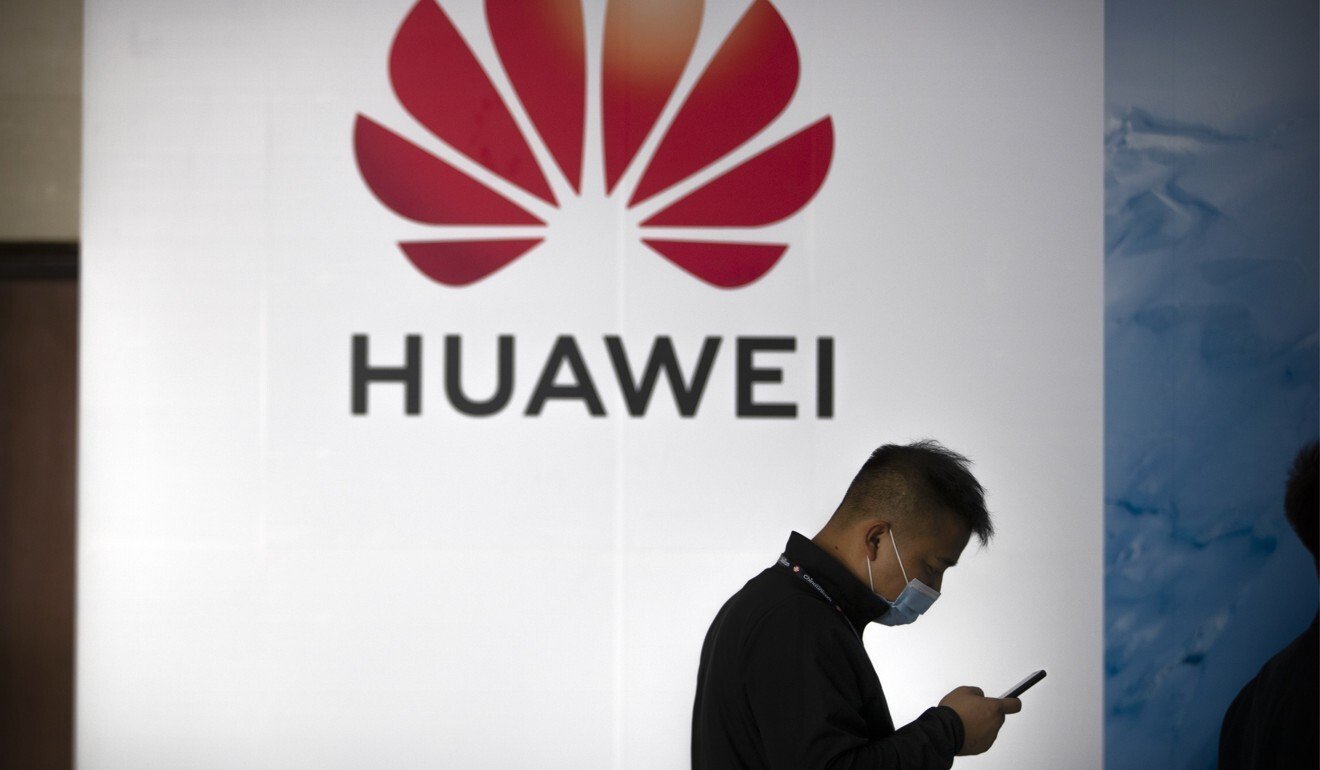Hong Kong News

Huawei founder sees decentralised control as a way to beat US sanctions
Huawei Technologies Co. must decentralise its operations, simplify product lines, focus on generating profit, and maintain pay levels for three to five years to survive US trade restrictions, according to a recently published speech from company founder and CEO Ren Zhengfei.
Ren made the speech last June, but Huawei only made it public on Friday, two days after the inauguration of US President Joe Biden. The Shenzhen-based telecoms equipment giant has faced many obstacles in the past six months: the company was banned from accessing products related to US technologies
and services, it sold its budget smartphone brand Honor, and it doubled its efforts in new business areas such as cloud services and smart cars.
Ren, 76, said in the speech that US restrictions have made it hard for Huawei to implement its original globalisation plans and that the company was forced to make its own production lines.
“There’s a big mismatch between our ability and strategy,” Ren said. “It’s our weak link, and we are forced to start from the beginning like elementary school students.”

Referring to the Chinese proverb that “the cleverest housewife cannot cook a meal without rice”, Ren said Huawei is neither “a clever wife” nor does it “own rice”.
Ren’s speech was given in his typical style, combining corporate strategies, military terms, poetic expressions and philosophical language. The Chinese entrepreneur, whose business empire is at the centre of the storm engulfing the US-China technology rivalry, said Huawei will not be defeated or become resentful of the US.
“Please don’t be upset because of the temporary US pressure, or give up on our globalisation strategy,” Ren said. “There’s no future without embracing globalisation [in development and research].”
Huawei, according to Ren, must operate as normal and find ways to motivate people “under the principle that the compensation structure will not change in the next three to five years”.
Ren disclosed that “hundreds of Huawei cadres” have volunteered to be demoted. “It showed that our team is very good,” he said.
Huawei must also stay committed to research and development, the CEO said.
“We invest US$20 billion into research and development every year, but income is only 40 per cent of the input as 60 per cent [of investment] is burnt like candles in the dark,” Ren said. “But we are not complaining. We can bring light to others just like leading European, American, Japanese and Russian businesses did.”
Ren called on the company to remain focused, with an eye on profits.
“We must gradually shift focus from the top line to the bottom line. All product lines … must not blindly pursue becoming No 1 … we don’t have the conditions to always fight to be No 1,” Ren said. “We must create value and reasonable profits to ensure healthy growth.”
The CEO also called for the company to delegate more authority to local branches and offices. “Battlefield commands shall be made by those who can hear the sound of gunfire,” said Ren, who previously worked for the People’s Liberation Army. “Even without a central command centre, the company can still fight in a flexible way, and that’s the goal of our reform.”
Huawei has realised that the US wants nothing from the company but its death, Ren said.
“At the beginning, we thought we might have done something wrong in compliance and we carried out self examination; but then the second blow and third blow followed. Then we realised that they want our death … but the desire to survive has also motivated us”.
Ren had long sought to keep a low profile, but increased tensions with the US over the last couple years pushed him into the spotlight. In an interview with the South China Morning Post in early 2020, Ren said that he was not the spiritual leader of Huawei and that his “biggest wish is to drink coffee in a cafe unnoticed”.
Comments












